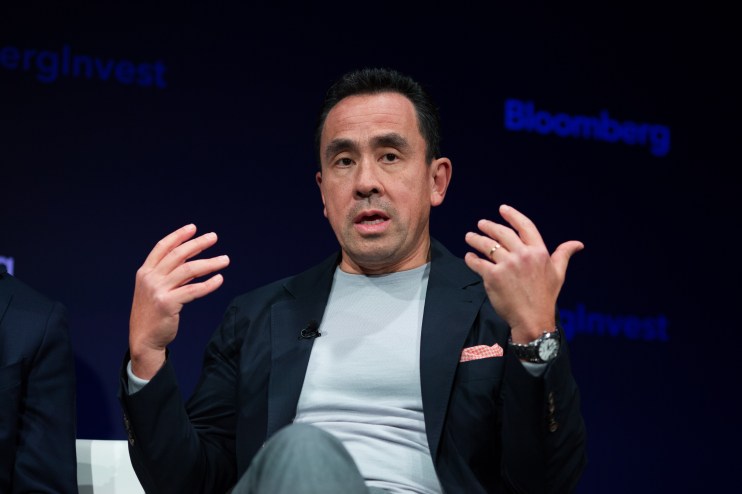Softbank executive suggests Wework should stay private until it can ‘demonstrate cash flow’

The tech world has been rocked by a string of disappointing or cancelled IPOs this year, as companies failed to convert huge private valuations into success on public exchanges.
One Softbank executive has suggested a novel solution: firms should wait until they can demonstrate suitable levels of cash flow before listing publicly.
Asked about the poor performance of Uber following its flotation earlier this year, and the delaying of Wework’s IPO earlier this month, Saleh Romeih said: “there are some companies out there that are probably better to evolve in the private domain… to demonstrate the cash flows that investors want”.
Read more: Softbank boss Masayoshi Son ‘embarrassed’ by track record
Speaking at a Bloomberg event in London, Saleh, a managing partner of Softbank’s $100bn (£82bn) Vision Fund, said: “It’s about incubating a company long enough so that it’s starting to earn cash flow and ready to go to the market.”
Flexible office space provider Wework cancelled its planned IPO last month after receiving a frosty reception from investors. The company had been valued at $47bn following an investment from Softbank earlier in the year, but it had been suggested the IPO was heading to raise less than half of that.
Accounts published in Wework’s IPO filings showed the firm has spent $2 for every $1 it made in revenue, while multiple analysts warned its cash-burning strategy was not sustainable.
Softbank, combined with its Vision and Delta funds, is Wework’s largest external shareholder, and the company’s IPO struggles have been a source of major embarrassment for the Japanese conglomerate.
Uber’s share price has tumbled following its floatation in May, and the ride-hailing giant is now trading at a significant discount on its IPO price.
Saleh refused to be drawn on how fundraising for Softbank’s second Vision Fund was going, amid reports that the company was struggling to attract the level of investment it expected, simply saying: “We are just on the cusp of the real technological revolution”.
When Softbank founder and chief executive Masayoshi Son announced the second Vision Fund in July, he said $108bn of capital had already been committed to the fund, but doubts have been cast on the certainty of the figure.
Speaking at the same event in London, an executive from Mubadala Investment Company – the UAE sovereign wealth fund that was one of the first Vision Fund’s biggest backers – refused to say whether Mubadala was planning to invest in its successor.
Ibrahim Ajami, Mubadala’s head of ventures, said he could not “say yes or no” when asked if the company would back the fund. “We are evaluating it and we will continue to evaluate it,” he said.
Read more: Why Softbank is struggling to attract investment for its second Vision Fund
Yesterday, Son said he was “embarrassed and flustered” by his track record” at Softbank. In an interview with local media, Son said he had not yet met his goals for the conglomerate.
“When I look at the growth of US and Chinese companies, I feel strongly it’s not good enough,” he said.
Main image credit: Bloomberg